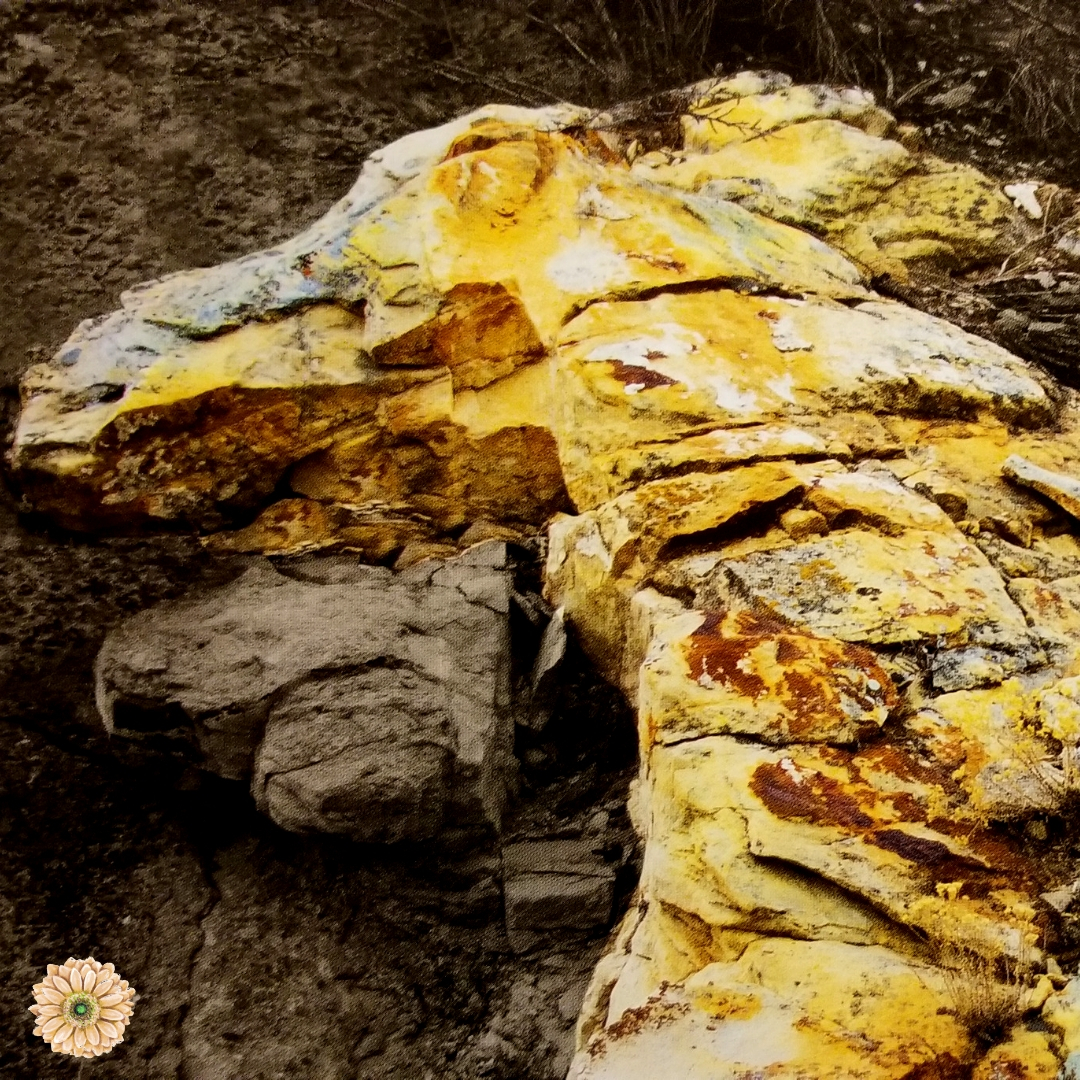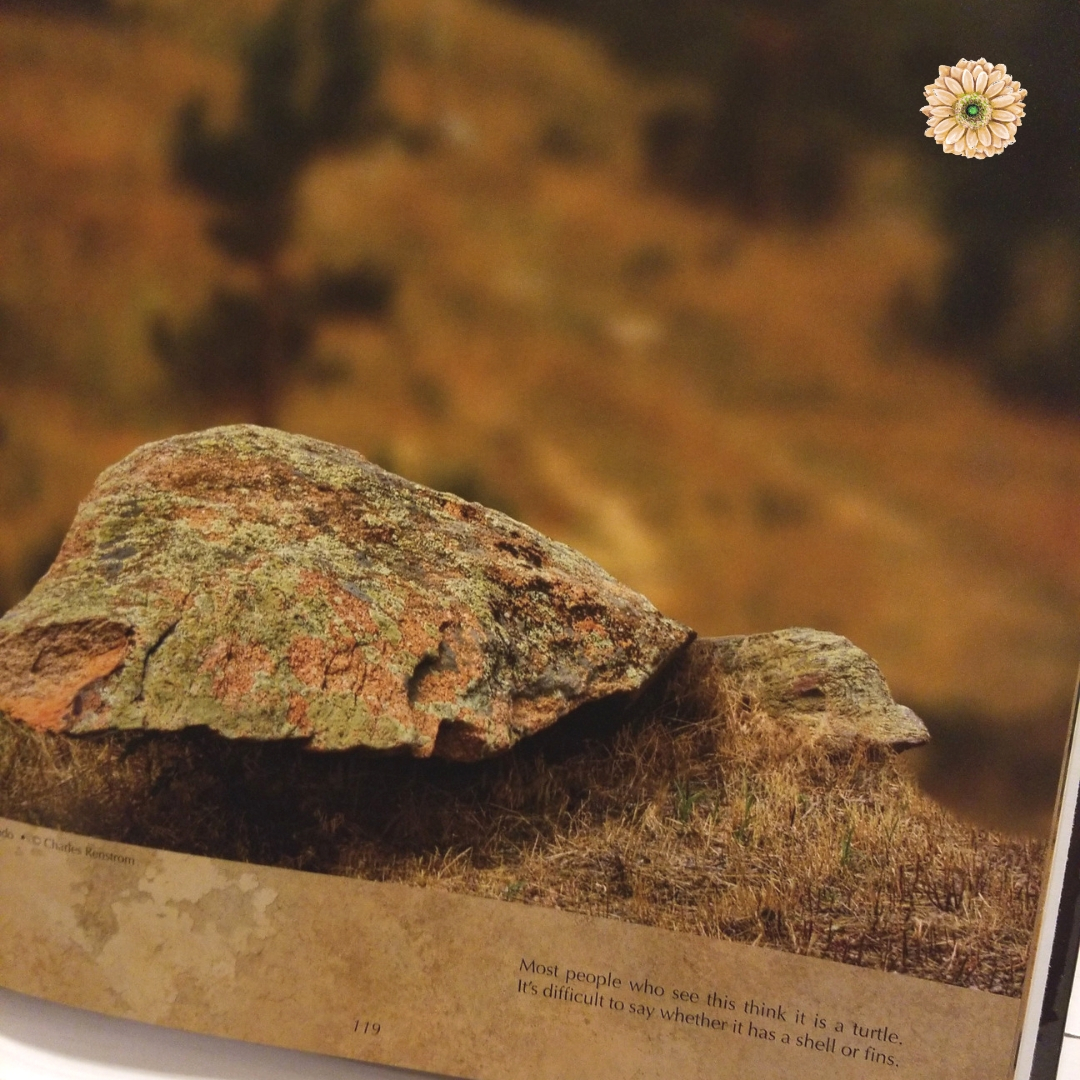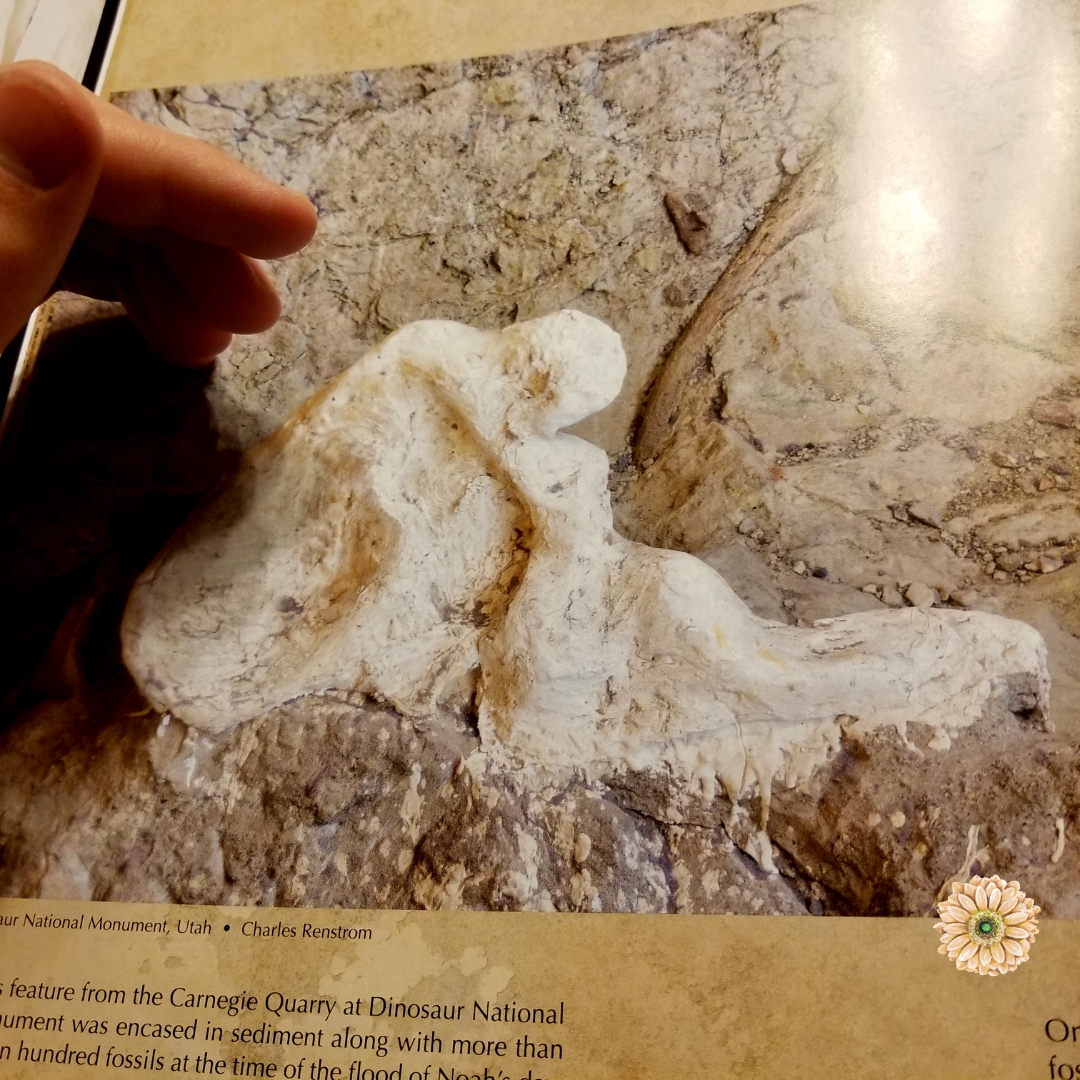
New Resource for Teaching Apologetics in Your Homeschool
How often have you as a Christian homeschooling mom set out to introduce a science concept to your child and you find yourself doing a lot of eye-rolling about the content? I’m guessing it happens a lot. That’s because as Christians we believe in a creation worldview. We know the importance of teaching apologetics in homeschool but struggle to find balance in the content presented in science materials.

We believe that the earth is young. We believe that most geology is a marvelous time capsule of historical events that we see clearly spelled out in the Bible. But, mainstream science is set to prove that we are wrong.
Lack of Good Resource Leads to Frustration When Teaching Apologetics
We pick up books from the library, or bookstores, about geology, or books about dinosaurs or even just a book about astronomy to teach our children science in homeschool. But, it’s not long before we’re rolling our eyes at how the author blatantly claims that 40 million years ago such and such happened.
It can be so exhausting. We want our children to understand the scientific process. We want them to learn how to theorize, experiment, document, and be able to repeat the process to test and either prove or disprove the theories.
But, when we hand them scientific materials that claim to have complete knowledge of something that may have happened 40 million years ago, we roll our eyes and we begin to explain to our children the reasons why such things can’t be known.
As a Christian homeschooler, I believe it is imperative that we teach our children to have a good understanding of the study of apologetics. We need to teach them what we believe in faith, coupled with what evidence we’ve been presented in scripture, combined with scientific evidence that can be explored and studied, today. When teaching apologetics it can be difficult to find quality materials.
I believe the evidence speaks for itself.
But, it can be difficult and frustrating for Christian homeschooling moms to find quality resources that aren’t chock full of evolution.
This post is a sponsored review and contains affiliate advertisement links. I received the product for free and am being fairly compensated for my time in reviewing and writing about the product. All opinions expressed are my own and I am not required to write a positive review.
New Resource to Help Teach Apologetics in Homeschool
In the book, Do You See What I See? High Altitude Evidence of the Worldwide Flood by Chuck Renstrom, he documents fossils found in the high altitude of the Colorado Rocky Mountains.
This author believes in a young earth and he describes his belief in the About the Author section of the book. But mostly he provides his evidence through the amazing photography.
This photographic book is filled with amazing images of fossilized animals that seem to leap off the page in their incredible dimension.

As you scroll through this book you marvel at how clear and concise the imagery is. It’s incredible to think about what may have occurred to leave such distinct fossils.
When the book first arrived my young man grabbed it, went off to his bedroom to absorb all the fascinating images.
The thing I love the most about this book is that Mr. Renstrom presents his findings in a way that leaves the interpretation of the evidence up to the viewer.
Scattered throughout the book he might leave a very basic comment of what he thinks something might be. Or, he might share what other people have said about an image. But, he doesn’t declare that any one image, any one fossil is for sure a certain animal, or creature.

That gives you plenty of room to discuss with your kids what an image, a fossil, might be. It allows you to take the opportunity to research animals and compare them to the photographs.
How to Implement a Unit Study of Do You See What I See, for Teaching Apologetics
I believe in God, the Creator. I want my son to have the same belief. Yet, I want him to formulate that belief through his own studies, and observations. I want him to develop his own faith.
Which is why we discuss alternative theories. It is why I encourage him to examine the evidence. I don’t want him to blindly follow me. I want him to become adept and developing his own reasoned and logical conclusions. It is why I don’t shy away from a study of apologetics and why, though I may roll my eyes, I let him read books that teach evolution.
You could build an entire unit study around this book. The images are so intense, they grab your eye and pull you in. You can’t help but wonder out loud about what you are seeing.
Listen to the photographer’s interview discussing how he came to photograph, and develop these images. Do You See What I See Podcast Interview.

Bible:
Read and discuss Genesis 1-8. Let students write out their thoughts, and questions. Have them theorize alternative ways that such fossils, as seen in the book, could have formed.
Science:
Obviously, you can have a scientific study that is expansive.
It can be a study of zoology, geography, or geology. Dive into a study of radio halos, plate tectonics, and radiometric.
Animal Research Project:
Have each child choose one image to research. Have them theorize what species of animal it may be. Then, let them do a research project surrounding that species.

Geological Study:
Research geological formations in the Colorado Rocky Mountains. Learn about sedimentary rocks. Discover what kinds of sedimentary rocks can be found in these mountains. Learnabout time, pressure, and force and how each of those may affect sedimentary formations.
Reading:
Find reading materials related to the global flood, young earth vs. old earth. Look for materials for both non-fiction as well as historical fiction related to both theories of worldview. As with all recommendations for homeschool study, I highly recommend parents pre-read each and be prepared to discuss with your child. You know your child best, and your own family philosophy.
Creation Worldview Books to Read
- Amazing Dinosaurs by Kyle Butt, Caleb Colley, and Eric Lyons
- Truth Be Told by Kyle Butt and Eric Lyons
- The Fossil Record by John D. Morris and Frank J. Sherwin
- The Geology Book by John D. Morris
Evolutionist Worldview Books to Read
While I make these as recommended reading, it doesn’t mean I endorse the theories contained within.
- Darwin’s Origin of Species and write out questions, or thoughts.
- Becoming Human, a Theory of Ontogeny by Michael Thomasello
Design in Nature: How the Constructal Law Governs Evolution in Biology, Physics, Technology, and Social Organization by Adrian Bajan
Historical Fiction with Christian Worldview
- Storm by Donna Jo Napoli
- The Times of Kerim by Katy Holloway
Historical Fiction with Evolutionary Worldview
- Savage Eden by K.M. Ashman
- Before Adam by Jack London
Writing:
Write a compare and contrast composition of the two varying theories, and perhaps additional alternative theories of young earth vs. old earth.
Write a persuasive speech taking one or the other side of the debate.
Math: Approximate measurements of the various fossils found in these images. Research Mathematical geophysics or Geophysical inverse theory.
Geography: Research fossils in geography. Where else can such fossils be found? What types of fossils are there? How often is there an occurrence of mass fossilized deposits? Mark these locations on a map? Study the geological relationship between one area and another. What stands about about commonalities or differences?

Art:
Study the photographic technique used in Mr. Renstrom’s book; High Dynamic Range Photography, HDRI Handbook.
Using Chalk Pastels sketch various photos.

There are many field trips you could take during a unit study such as this.
The first, and most obvious, would be a trip to the Colorado mountain formations where these rock fossils can be seen.
- The Wyoming Dinosaur Center
- The Badlands National Park, South Dakota
- Marmath Research Foundation
- The Ark, and Creation Museum, Kentucky
Perhaps you are reading this and thinking, how does this book prove evidence of a global flood? Or, how is this evidence of a young earth?
When looking at such fossils, and thinking of how they are found in high altitudes you have to ask yourself how could so many animals be found fossilized in one area? How could animals that have no seeming relationship to a mountain environment end up fossilized in stone high up in the Rockies?
You’d have to see that for near complete animal fossilization to occur the carcass would have had to be buried so quickly, and in such a way that decay was not possible.
It is in questioning that we begin to reason and it’s through observation that we can begin to see evidence that these images represent something cataclysmic.

As Christian homeschool moms we want the best for our kids. Don’t we? We want to ensure they are equipped to meet the demands of their faith. We want to lay a foundation that allows them to have open and honest discussions with others that are reasoned and well thought out.
We need to teach them both sides of the scientific divide. Why? Because they have to formulate their own philosophies and beliefs. And, we have to give them the tools, and the knowledge of both sides of the argument so they can form their own opinions.
We have to teach them how to examine actual evidence using the scientific process, along with historical research to make the best determination they can make.
Of course, I hope and pray that my son will reach the same conclusions that I have. Not because of blind faith. But, rather, a faith based upon visual, historical, and reasoned evidence.

Don’t Miss These:
10 Cool Ways to Study the Periodic Table
Homeschooling 10th Grade with These Curriculum Picks
4 Books for Homeschool Libraries







